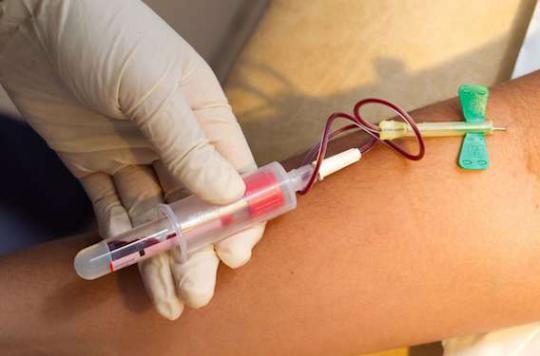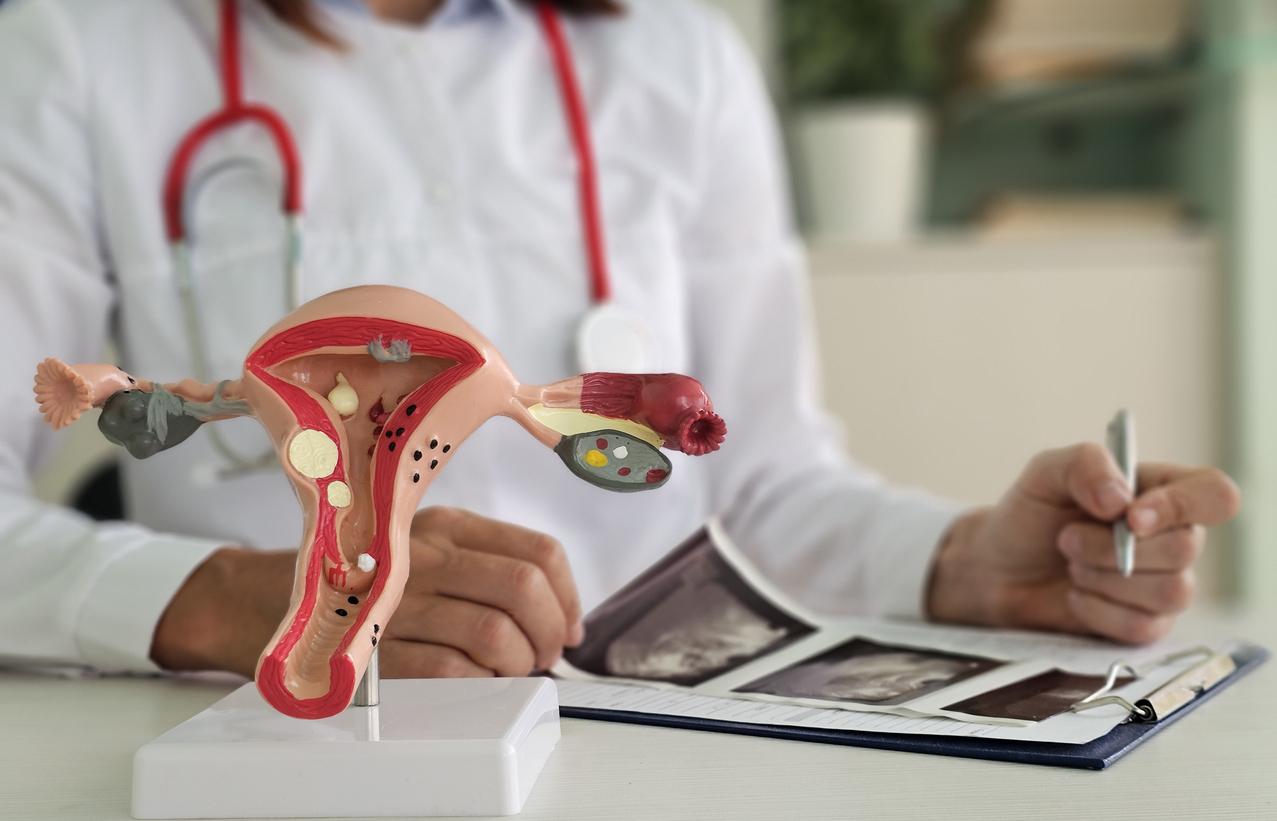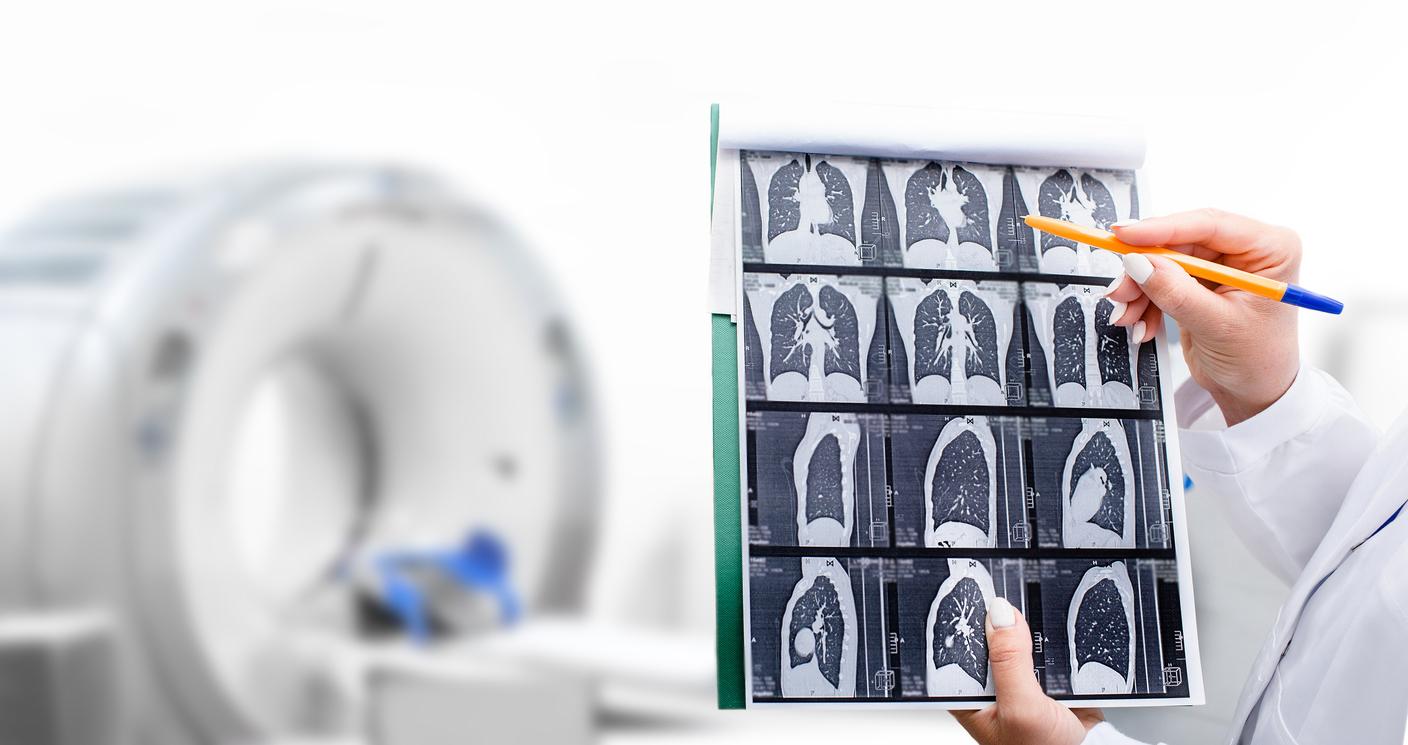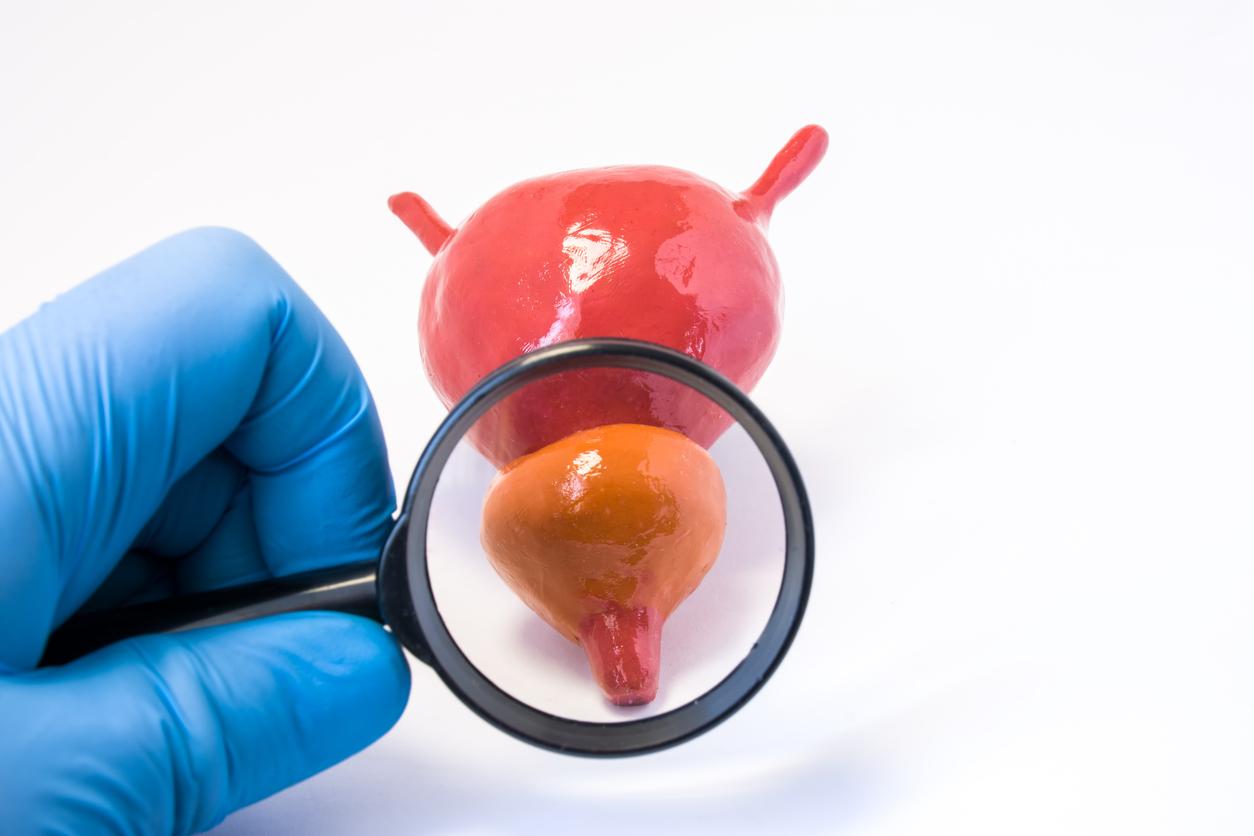On Monday, the Nice University Hospital announced with great fanfare the start of a clinical trial aimed at validating a blood test allowing early detection of lung cancer.

The Nice University Hospital and the start-up Rarecells Diagnostics announced on Monday the start of a clinical trial aimed at validating a blood test that would allow early detection of lung cancer. Faced with the scourge of this cancer – the deadliest in France – the news could not but make a lot of noise. Many media are therefore echoing it this morning… Just like just a year ago, when Professor Paul Hofman’s team announced the development of this diagnostic test. A media enthusiasm little shared by cancer specialists. A year later, the Nice researchers hope to convince.
An intensive communication campaign
As explained The Parisian, this blood test is based on the detection of CTC, circulating tumor cells. Produced by the tumor, it is these that will allow the cancer to metastasize. Those studied by Paul Hofman’s team are called sentinels: they are present in the blood at the very beginning of cancer development. Detecting them would therefore make it possible to detect the disease early. Currently, lung cancer is still too often diagnosed at advanced stages, which worsens the prognosis.
If Prof. Hofman’s research had already been widely publicized in the fall of 2014, it is because the publication of the first results in a scientific journal had been accompanied by an intensive communication campaign. A rare occurrence in the world of academic research, less so in that of start-ups. Indeed, this project is developed in partnership with Rarecells Diagnostics, and the financial aspects cannot be excluded from the equation.
Difficult to generalize the test
However, the oncologists interviewed had quickly dampened the media enthusiasm, and with the enthusiasm and hopes generated among the general public. The study, although serious, was biased. Importantly, it only concerned 168 patients among whom the test had correctly identified five people, who subsequently developed a nodule. But with a small sample size, and in addition long-term smoking patients with COPD (chronic respiratory disease), it is difficult to generalize the value of the test in the general population.
Today, the Nice University Hospital is not announcing new results, but the launch of a new study, which could confirm the value of this blood test. Since their last publication, the researchers have managed to raise the necessary funds to continue their work and set up this multicenter trial, which should this time include 600 people, specifies The Parisian. But still smokers with COPD. The results are not expected before 2019, but we may hear about this test again by then …
.















